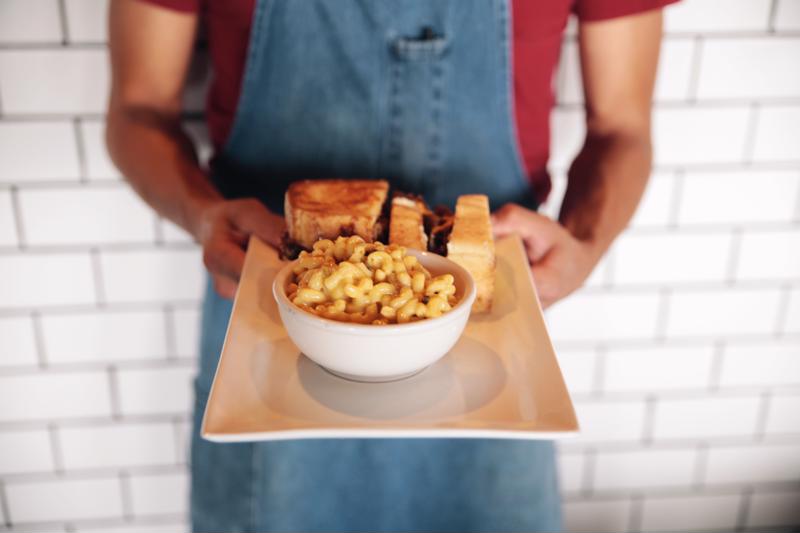From the dishwasher to the head chef, every position in the kitchen staff plays a vital role in making sure the back of house can prepare high-quality meals that are delicious, safe to eat and meet customer expectations. One of the unique roles in the system is that of the expediter, who helps manage the busiest services at restaurants and keeps the line focused and orderly even as the pressure to execute rises.
Students at Austin culinary arts schools should understand both the function and value of this role as they prepare to enter the profession and serve in kitchens where the expediter can have a high level of authority over the line.
 Expediters provide a vital link between the front and back of house.
Expediters provide a vital link between the front and back of house.What is an expediter?
The expediter position, often called expo in the shorthand of the kitchen, can make or break a dinner service – or any particularly busy time at a restaurant. The role is critical in creating a positive experience for diners, as the person in the expo slot communicates about dishes in the works and not yet started, commands the timing of meal preparation and keeps track of service for all of the tables in the restaurant. They also serve as a crucial link between the front and back of house, making sure food moves from the line to the pass – the area where food is plated and awaits pickup – to the servers and, finally, individual tables.
A good expediter can mean the difference between catching mistakes early and an error-filled night that drains morale and creates a negative environment in a restaurant. The effectiveness of a good expediter extends from a more cohesive, cooperative line to happier, more satisfied customers. Both in terms of performance and profit, this role is just as vital – if not more so – than the many stations along the line. That’s why it may be surprising to learn not all expediters are accomplished chefs.
While there are many professionals from the back of house side who will occasionally or permanently take on the expo role, the qualifications aren’t strictly cooking skills. An excellent sense of time management, organization, situational awareness, problem solving and unwavering calm despite circumstances that are anything but are all necessary for success as an expediter, The New York Times pointed out. With those abilities in mind, it’s not surprising that many chefs fit the bill. But front of house staff and those without culinary training or experience can also capably assume the role – as long as they’re willing to learn the ins and out of the restaurants in which they work.
On the line and in the front of house, losing a worker due to injury, illness or a flare of temper can cause serious problems. However, a good group of staff members at least has the potential to rally and continue providing the right kind of experience for customers. If the expediter is lost for the evening, it’s much harder for someone to step in without causing problems in another area of operations.
The expediter position can mean rarely or never going behind the line or interacting directly with customers, yet it’s an absolutely vital position that can enable great service or stop an entire restaurant in its tracks when absent. As you continue your culinary arts education and begin seeking externships and, eventually, professional roles, make sure you value the expediter position for its foundational role in the kitchen and learn about how it facilitates fast and efficient operation of an entire restaurant.

